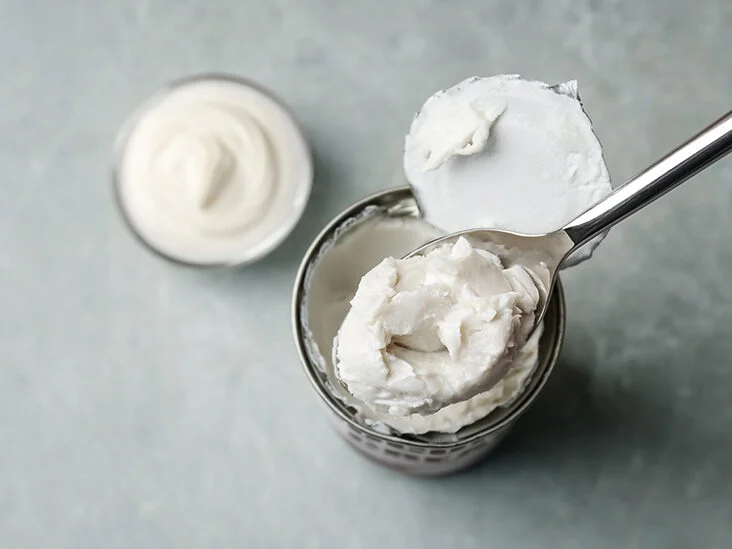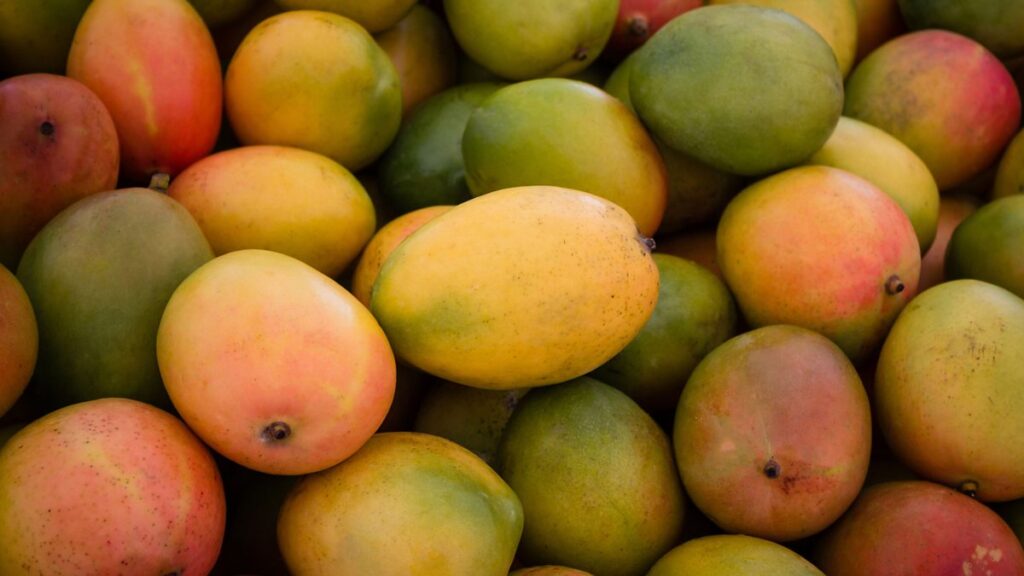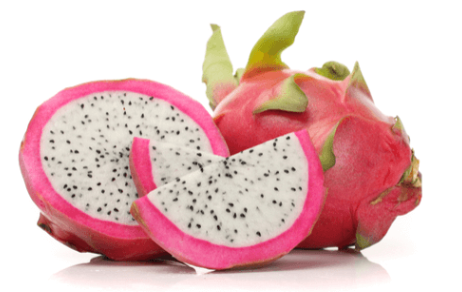Soap making is a craft that combines both art and science, and for many soap makers, coconut oil is a must-have ingredient. This natural oil is packed with amazing benefits for the skin, making it a top choice for those who love to create their own soap.
In this detailed post, we will dive into 10 reasons why coconut oil is a perfect addition to your homemade soaps. From giving your skin a moisturizing boost to creating a bubbly lather, you’ll find out why coconut oil is the secret to making great soap.
If you’re starting out in the world of soap making or you’re an established soap artisan, keep reading to see how coconut oil can take your creations to the next level.
Table of Contents
- The Remarkable Perks of Using Coconut Oil for Making Soap
- 1. Deep Moisturizing Effect
- 2. Firm and Durable Soap Bars
- 3. Protective Against Bacteria and Fungi
- 4. Maintains Skin Elasticity
- 5. Luxurious Lather
- 6. Friendly to All Skin Types
- 7. Calms Skin Problems
- 8. Naturally Extends Soap Shelf Life
- 9. Balances Oil Production
- 10. Natural Coconut Fragrance
- Frequently Asked Questions
- Does coconut oil make good soap?
- How much coconut oil to use in soap?
- Does coconut oil harden soap?
The Remarkable Perks of Using Coconut Oil for Making Soap
1. Deep Moisturizing Effect
Coconut oil is cherished by soap makers for its rich fatty acid content, such as lauric, capric, and caprylic acids. These fats dive deep into the skin to moisturize it deeply, leaving it hydrated for a long time. If you have dry or sensitive skin, you’ll love the soothing benefits of coconut oil.
This oil makes the skin soft and smooth by hydrating and reducing the look of wrinkles and lines. The natural emollient quality of coconut oil means it keeps your skin feeling silky.
Coconut oil is a key player in soap making; not only does it cleanse, but it also ensures the skin doesn’t lose its natural moisture.
2. Firm and Durable Soap Bars
Known for creating firm soap bars, coconut oil is a favorite among soap makers. Its saturated fats help to harden the soap, making it last longer.
Soap with coconut oil cleans well and moisturizes without getting soggy or melting away too quickly. It’s a crucial ingredient for soaps that stand the test of time.
3. Protective Against Bacteria and Fungi
Coconut oil boasts antibacterial and antifungal traits, making soaps made with it a natural choice for fending off microbes. Lauric acid, especially, is great at combating bacteria and fungi.
Coconut oil-based soaps can help keep your skin clear and infection-free, plus they’re effective at dealing with skin issues like acne and eczema.
Adding coconut oil to your soap ensures you get a product that not only cleans but also protects your skin from unwanted germs.
4. Maintains Skin Elasticity
The antioxidants in coconut oil are great for the skin as they defend it against damage from harmful free radicals.
Coconut oil’s fatty acids also promote strong collagen, keeping the skin looking young and elastic.
Using coconut oil in your soap gives your skin important nourishment, which helps maintain its health and elasticity for a fresh, smooth feel.
5. Luxurious Lather
Thanks to its fatty acids, coconut oil in soap creates a thick, creamy lather that’s both cleansing and hydrating, perfect for sensitive skin. The rich foam makes for an indulgent bathing experience that soap crafters can be proud of.
6. Friendly to All Skin Types
Coconut oil is gentle, natural, and kind to every skin type. It won’t block your pores or irritate your skin.
It works in harmony with your skin’s oils, making it suitable for people with oily to combination skin, while still providing needed moisture for dry or sensitive skin types.
With coconut oil, you can craft soaps that nurture and moisturize any skin, making them universally enjoyable.
7. Calms Skin Problems
Coconut oil has calming anti-inflammatory features that can help with skin irritations. It’s known to ease inflammation, redness, and itching, which is why it’s a go-to for those with reactive skin. Incorporating coconut oil into your soap helps alleviate discomfort from conditions like eczema and psoriasis.
8. Naturally Extends Soap Shelf Life
With its antioxidant content, coconut oil naturally keeps soap from spoiling. Soaps made with coconut oil will remain fresh and last longer than those made from other oils.
9. Balances Oil Production
For those dealing with oily skin or acne, coconut oil can be a blessing. Its fatty acids have been shown to regulate sebum production. By using it in soap, you can help your skin keep a balanced oil level and prevent new breakouts from happening.
10. Natural Coconut Fragrance
Lastly, coconut oil naturally smells like coconut! It lends a sweet, tropical aroma to the soap, making your homemade soap not only good for the skin but also a delight to the senses.
Coconut oil in soap can create a gentle coconut smell. This light fragrance can make your soap feel refreshing without being too strong.
Adding coconut oil to soap gives it a light, invigorating coconut aroma that many people like. It’s a good choice if you want a soap that smells natural and not too bold.
The scent of coconut oil in soap offers a delicate and welcoming smell. This makes it an ideal choice for those who prefer a soap with a natural and soft fragrance.









